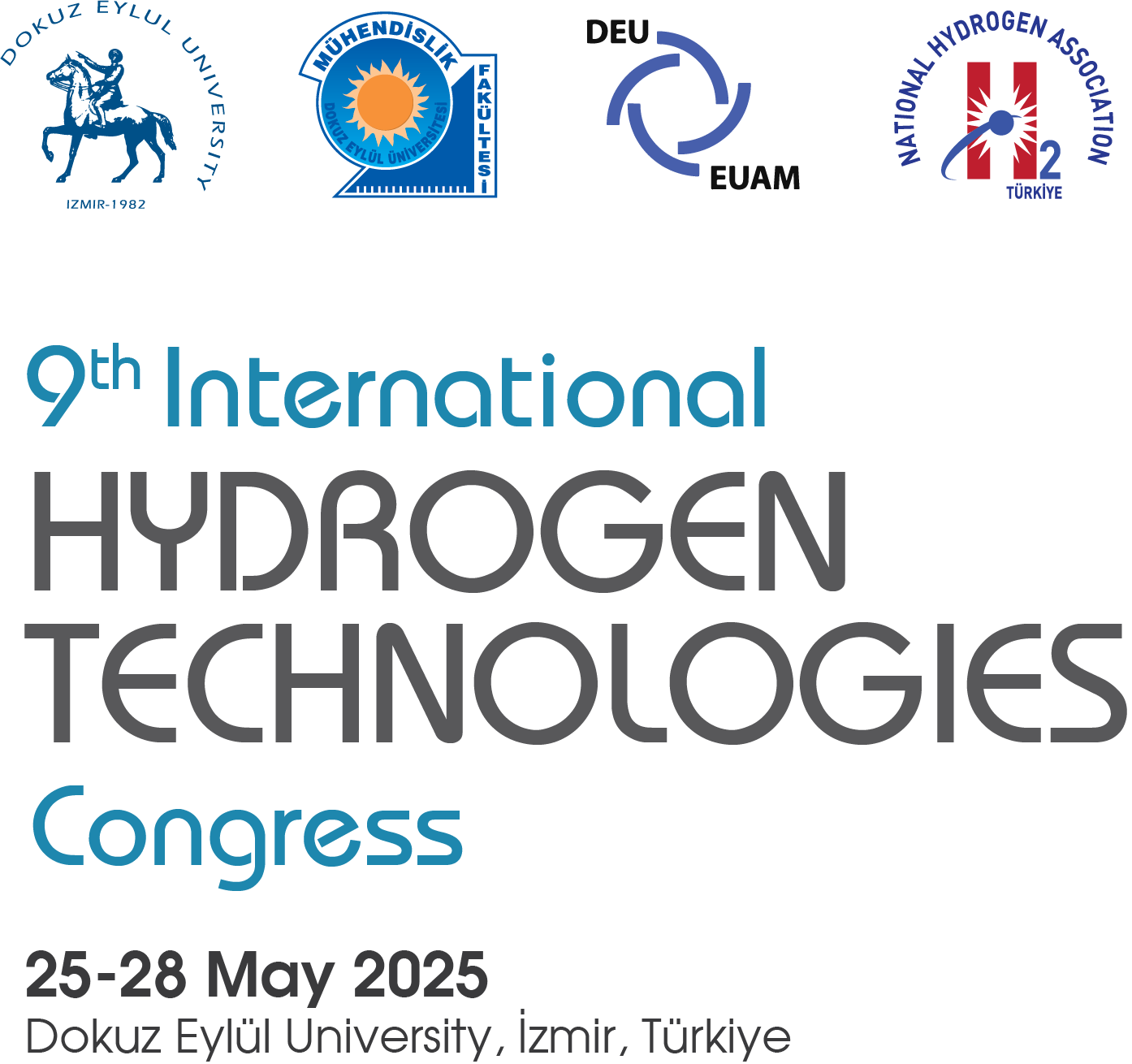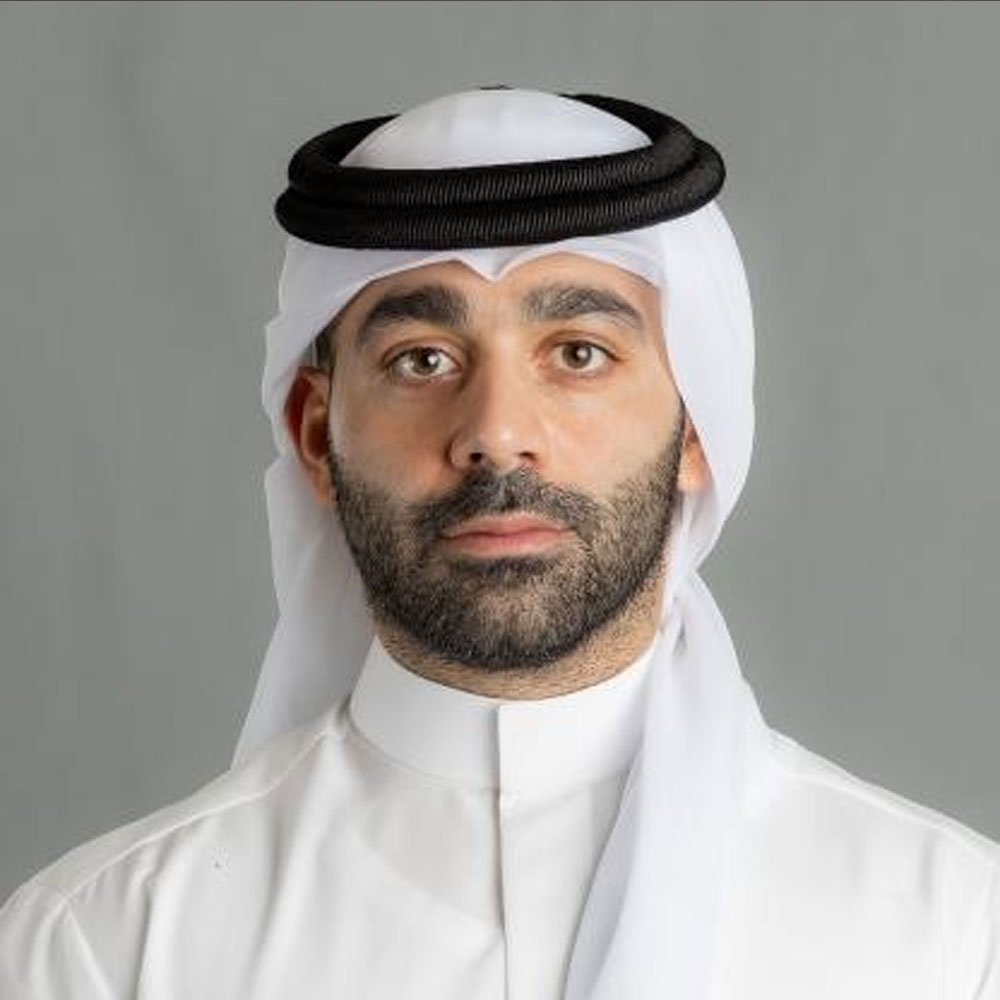Contact Information:
Qatar Environment and Energy Research Institute
College of Science and Engineering Hamad Bin Khalifa University
Presentation Title: Role of Hydrogen in the Energy, Water and Food Nexus
Abstract
Hydrogen is a pivotal vector in decarbonizing energy systems, with significant implications for the energy-water-food (EWF) nexus, particularly in arid regions. Its production—via electrolysis, steam methane reforming (SMR) with carbon capture and storage (CCS), and biomass gasification—varies in freshwater consumption, land use, and energy demand. In water-scarce environments, electrolysis-driven hydrogen competes with potable and agricultural needs, while hydrogen-based ammonia synthesis, desalination, and electrodialysis offer synergies but require optimized deployment. Additionally, hydrogenated water from electrodialysis is being explored for agricultural applications in arid regions. To navigate these trade-offs, it is essential to deploy decision-support tools, such as geospatial analytics, multi-objective optimization, Life Cycle Assessment (LCA), system dynamics, multi-criteria decision analysis (MCDA) and agent-based modelling are essential. These methodologies ensure cost-effective and resource-efficient deployment, in addition to supporting policies that balance energy security, water conservation, and agricultural productivity. For arid regions, where EWF interdependencies are highly integrated and constrained, system and scenario-based modeling can support optimum hydrogen utilization.
Biographical Sketch
Dr. Tareq Al-Ansari is an associate professor at the College of Science and Engineering, head of the sustainable development division, and acting executive director of the Qatar Environment and Energy Research Institute. He acquired a BEng. in Mechanical Engineering from the University College London and an MPhil in Engineering for Sustainable Development from the University of Cambridge. He completed his PhD in Sustainable Development and Environmental Engineering at Imperial College London.


